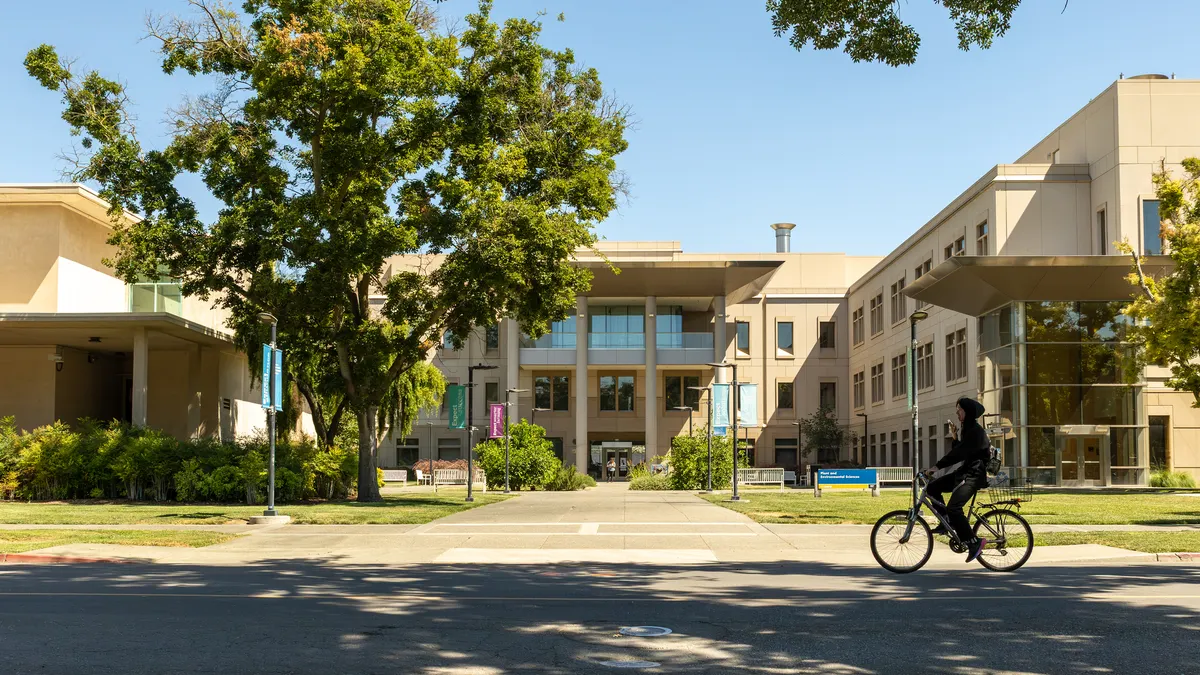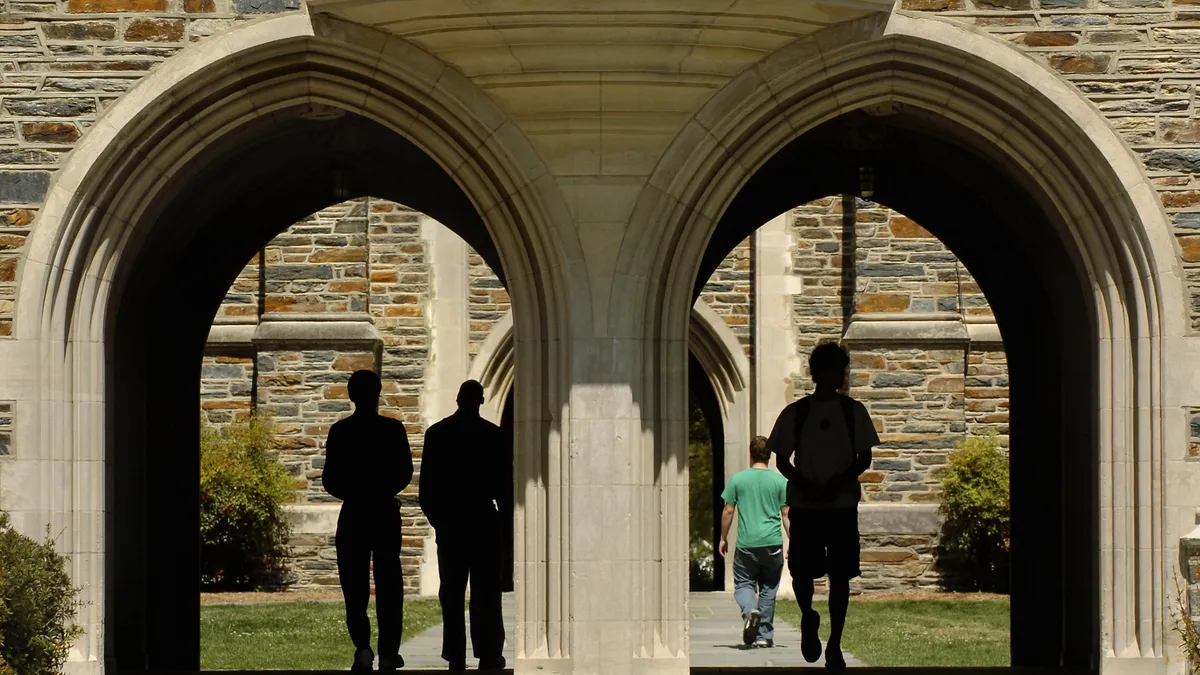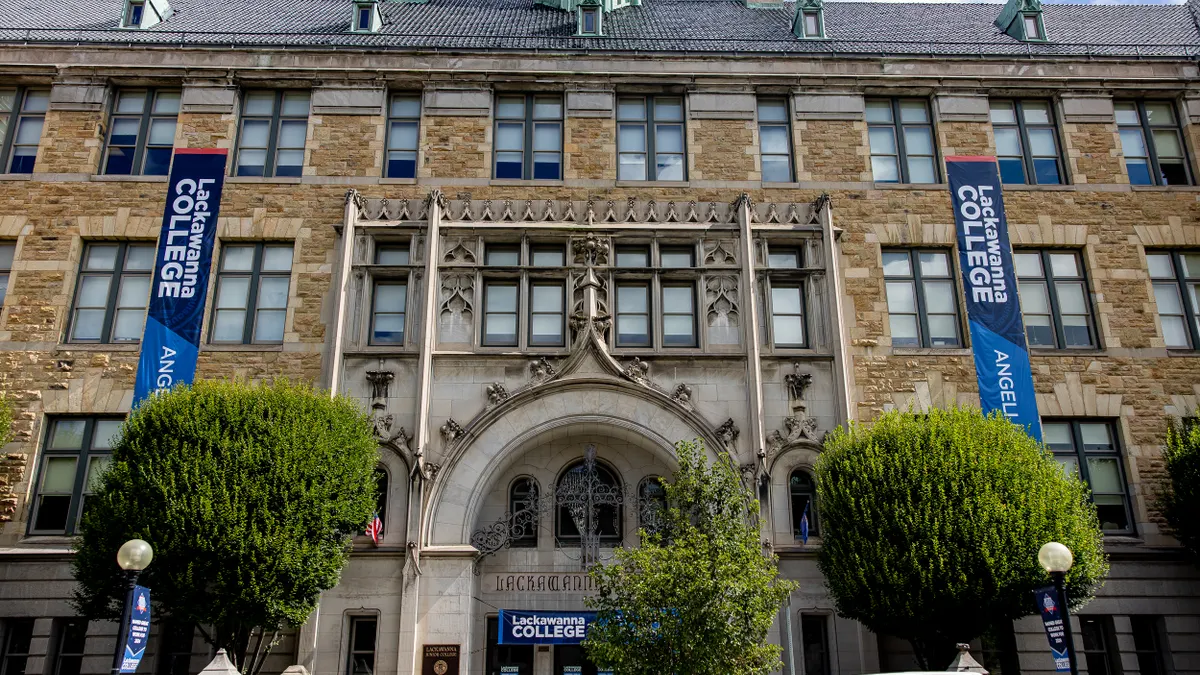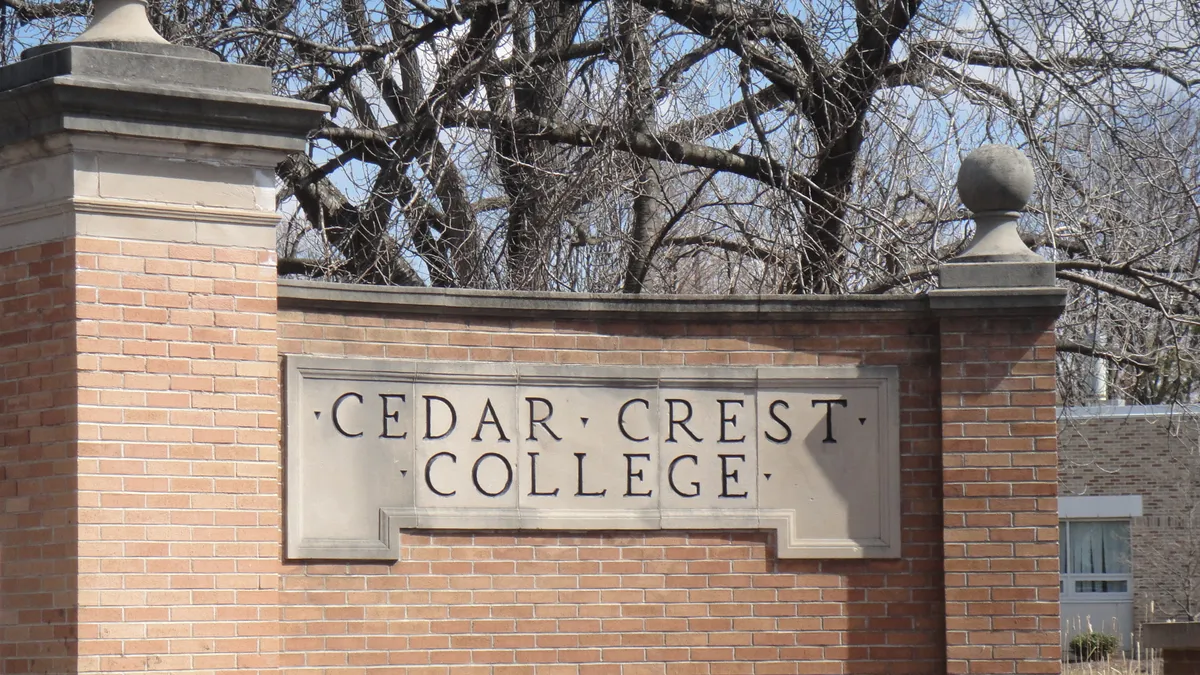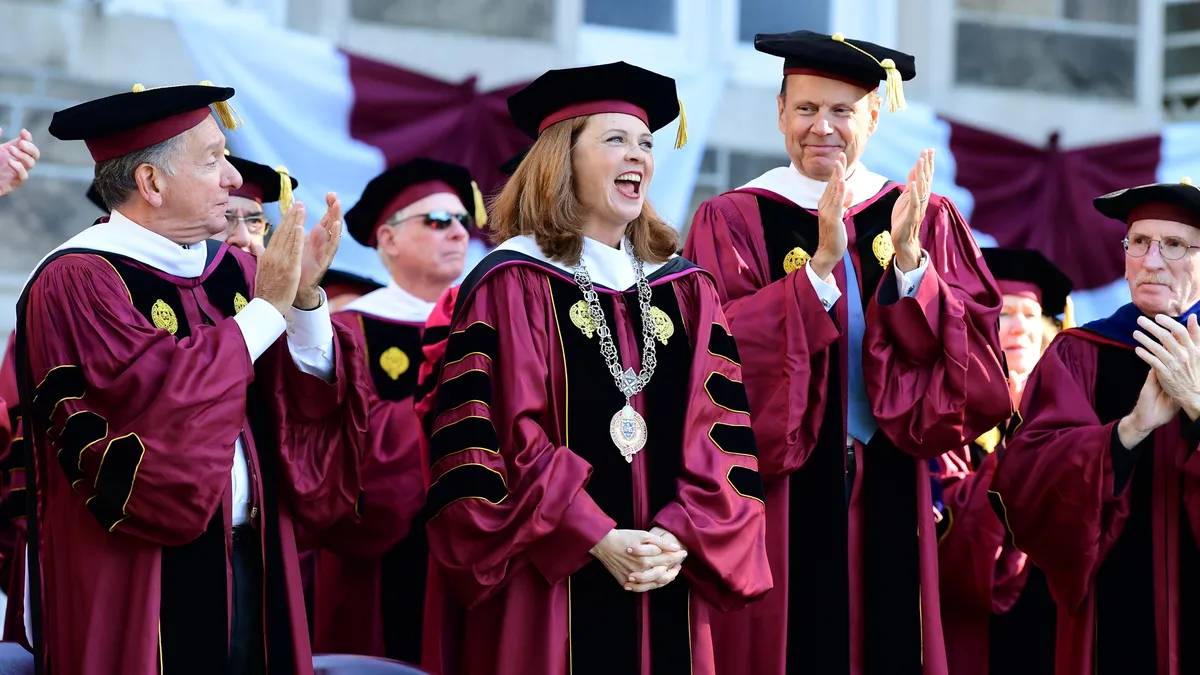Gary May is the chancellor of the University of California, Davis.
Concerns about higher education are coming from every direction — the public, policymakers, even parents of potential students. Although the nation once broadly agreed on the value of a college degree, the subject has become a battlefield, often fueled by a fundamental misunderstanding of the facts.
While caught up in these competing narratives, we’re losing sight of the bigger picture: American public universities are unmatched engines of personal success and national prosperity. At the same time, university leaders must acknowledge the concerns underlying these critiques and forge common ground to protect our nation’s investment in education.
Bring clarity and transparency to admissions
First, we must address the debate surrounding college admissions. As competition for seats at the nation’s most prestigious universities has intensified, critics from the left and right have questioned the fairness of admissions, asking whether every student truly has the same opportunity.
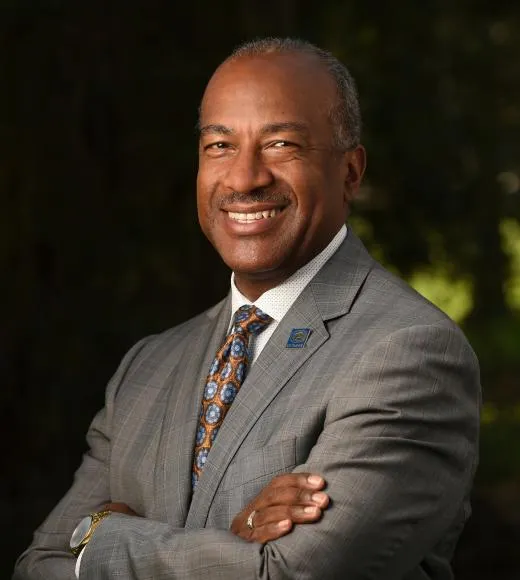
The reality is that American universities admit students from all backgrounds with the potential to thrive. Following the U.S. Supreme Court decision barring race-conscious admissions practices, universities nationwide moved to comply with the law and provide a fair process for every applicant. Here in California, Proposition 209 has long banned the consideration of race in admissions.
The University of California system remains committed to enrolling student cohorts that reflect the nation’s best and brightest, focusing on each applicant’s unique experiences, accomplishments, and potential to enrich our academic communities.
However, universities can undoubtedly do more to alleviate concerns about admissions. Institutions can be more transparent about the process. Colleges need to continue reaching students from every background, especially first-generation students who are less familiar with the process.
Cutting through the noise around higher ed's ROI
Second, a growing chorus claims that a college degree no longer justifies the cost, questioning the immediate return on investment and pointing to graduates in low-paying jobs.
But this view is unsupported by the facts. A 2023 Georgetown University study projects that by 2031, 42% of jobs will require at least a bachelor’s degree. And the value of a degree goes beyond helping students secure jobs.
The training students receive in college builds an appreciation for lifelong learning and a foundation for employability in an evolving economy where the average worker will change careers many times. Over 40% of jobs are expected to face significant disruption due to technological advances by 2027, making skill and insight development in many fields even more crucial.
Nevertheless, universities can do more by embedding career preparation into the student experience. At UC Davis, for example, we aim to ensure every student experiences a cutting-edge research lab, a practical internship or an opportunity to attend a study abroad program. These opportunities are essential bridges from academic knowledge to a successful career.
The true cost of college
Finally, we must confront the issue of debt. With national student loan debt exceeding $1.8 trillion as of August, this significant concern cannot be ignored. No young person should be burdened at an early age and struggle to pay back loans for decades.
However, the burden is often significantly lighter for students at public institutions. Among public university students, over 40% graduate with no debt, and those that take out student loans for four-year degrees average a debt of less than $7,000 per year.
And the investment pays for itself. A 2025 New York Federal Reserve report found that the typical college graduate earns roughly $80,000 annually — more than $1 million in income over a lifetime than someone with just a high school degree.
At the same time, colleges must do more to support students who accumulate debt but do not graduate. Twenty-eight percent of college students who did not end up earning a degree said they took on debt. We must improve the counseling students receive, help them access campus services that meet their basic needs and support their health, and provide the academic and personal guidance to cross the finish line with diplomas aligned with their career goals.
Forward thinking for continued advancement
University leaders must resist the temptation to react defensively. We must address the concerns of the students and families who depend on us. We must expand dialogue with our partners in government and business to reestablish the national compact that has served as a cornerstone of American democracy.
Calls to disinvest in higher education run up against an extreme technological tide. Our economy is being transformed by AI. At the same time, other countries are increasing their investments in education. Our global rivals are seizing this moment to poach talent from American universities for emerging technologies that will drive the economy of the future — biomedical devices, green energy and robotics, to name a few.
It would be a massive, self-inflicted wound to let polarization undermine the vital role that U.S. universities have played in advancing American prosperity and global leadership.
Each of us — as policymakers, university leaders, educators, and informed members of the public — has a crucial role in reframing the debate about higher education. Each of us is central to shaping a future of shared success for our students and our communities.
Let’s put polarizing rhetoric aside and work together to reaffirm our shared belief that college should remain an affordable, accessible option. Let’s act in good faith for those young people who dream of a better life for themselves and their families and who see a college education as the best path to get there.

